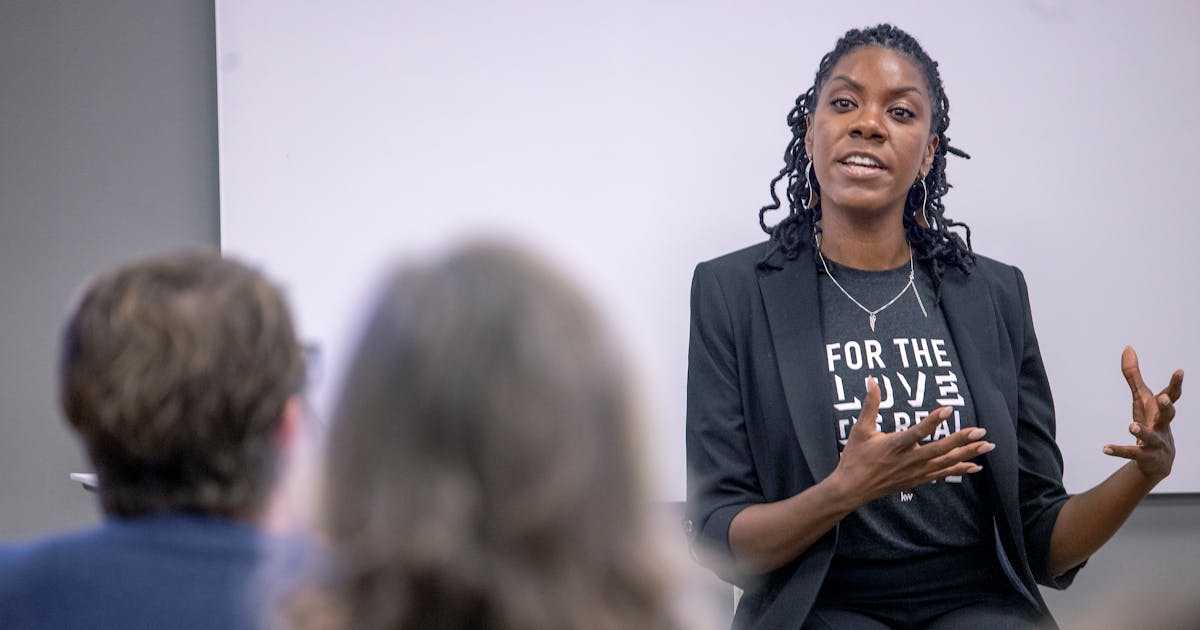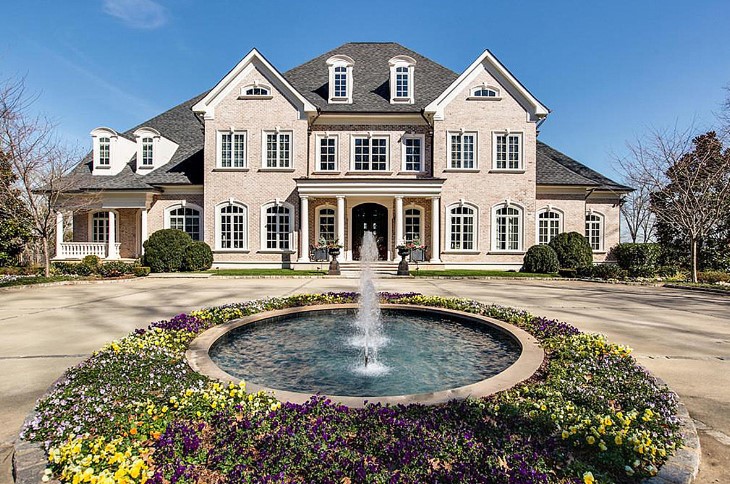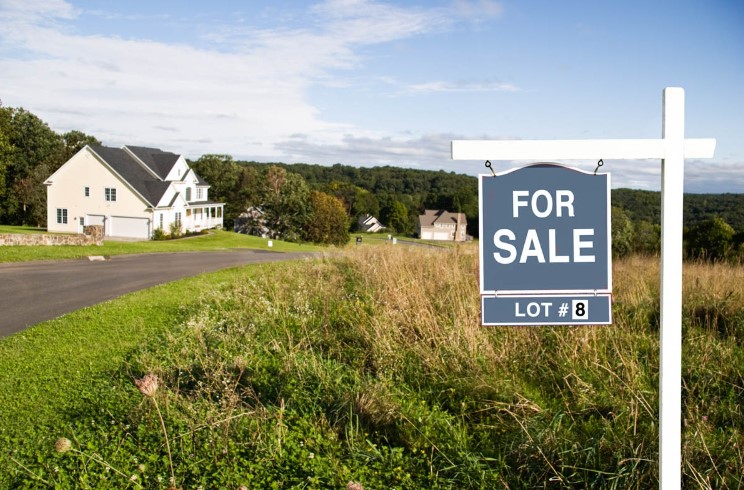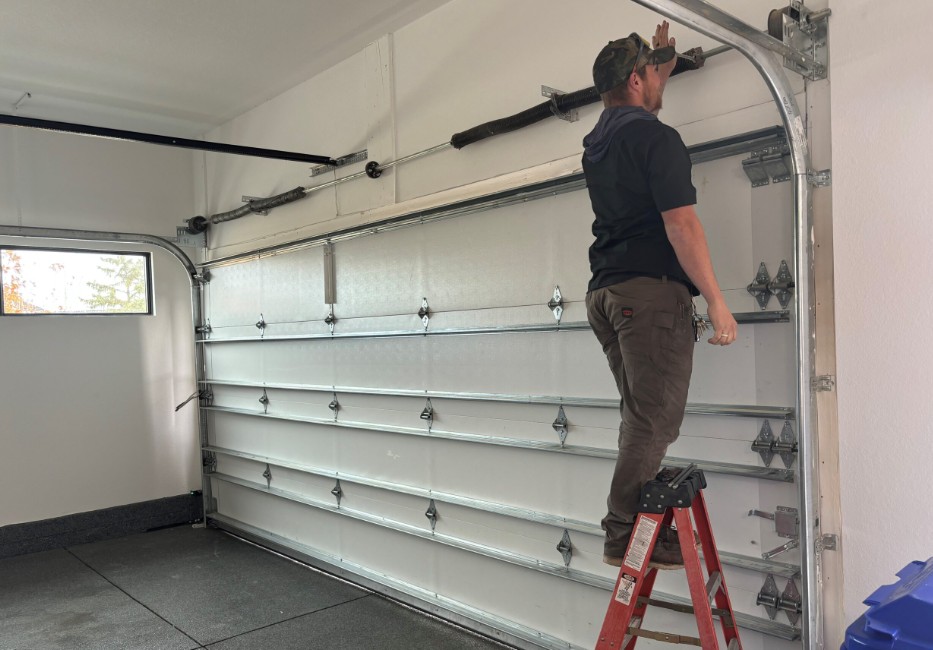Twin Cities real estate agent leads diversity approach across U.S. for Keller Williams

For decades, Julia Lashay Israel has been a Twin Cities real estate agent and, for much of that time, she’s done more than sell homes.
In addition to being managing partner of The Signature Group at Keller Williams Realty Integrity Lakes in Minneapolis, she is co-founder and owner of Refocus University, a real estate training firm that focuses on career development and diversity.
Israel was recently named Head of Inclusion and Belonging for KWx, the Austin, Texas-based holding company for Keller Williams. In that role, she’ll lead diversity, equity and inclusion efforts at the company, one of the nation’s biggest residential real estate firms by unit sales and revenue.
She’s also a founding member and past president of the Twin Cities National Association of Real Estate Brokers and serves on the National Association of Realtors Housing Opportunity Committee and the Minnesota Association of Realtors Board of Directors.
In an interview, she described how the new job at KWx came about and the impact she’s trying to make beyond the firm. Some excerpts:
Q. What’s your primary responsibility in the new job at KWx?
A. I advise, train and coach leaders, team members, andagents to recognize and address diversity, equity and inclusion opportunities and challenges across the organization and in their real estate businesses.
Q. How did the role come about?
A. This is a new role for the company.In June 2020, in response to the social unrest in the country due to the George Floyd murder, Gary Keller created a social equity task force thatconsisted over60 leaders from every region of the country to address diversity, equity and inclusion and social equity issues. The task force created a robust action plan and this role was a recommendation of our social equity task force and the executive leadership team to lead the task force and our diversity initiatives.
Q. Is your focus on change within the company itself?
A. The focus of the role is to make recommendations for action to eliminate any racial disparity within our company, our industry, address how we can lead the way in the communities where we live and work and to educate our associates on important diversity topics that impact our businesses and our industry.
Q. Within the industry, what’s the first thing that needs to change?
A. The truth is that racial injustice and inequality persists.Unfortunately, there are still thousands of real estate discrimination cases every year.I believe that the real estate community has a unique opportunity to promote healing and reform. The first step is creating awareness that theseinequalities and injustices still exist and then taking time forreflection and thoughtful self-examination. The next step would be to educate real estateagents about how we can best serve our communities to create change.
Q. What’s your top priority right now?
A. The social equity task force has created a robust action plan with initiatives to increase diversity in every level of the organization, increase homeownership in communities of color, provide diversity training and education to the agents and employees, diversify marketing and advertising and increase wealth both within the company and the community. This year we are striving to reach 10,000 agents with one or more of our 90-minute courses.The courses are “Unconscious Bias” on how bias continues to impact housing and “Color of Real Estate” on an overview of fair housing policy and the history of the homeownership gap in the United States.
Q. Compared with other industries, what’s your take on how much work needs to be done on this issue within the real estate industry?
A. Because most Americansbuildwealth through homeownership and the real estate industry has long played a major role in how that wealth has been distributed, the real estate industry not only has more work to do than other industries, but it very likely the most important industry to lead change in our community and in the United States.
Q. In an industry that is so large and so fragmented, how do you promote lasting change?
A. Education and implementation. The United States is becoming more and more diverse. In the next 10 to 20 years, 100{73375d9cc0eb62eadf703eace8c5332f876cb0fdecf5a1aaee3be06b81bdcf82} of new homeownership growth will come from non-white households and 70{73375d9cc0eb62eadf703eace8c5332f876cb0fdecf5a1aaee3be06b81bdcf82} from the Hispanic community.
Actively playing a part in ensuring diversity throughout every area and focusing on creating lasting change will not only be good for our communities and helps professionals in the real estate industry better address consumers’ needs, but it is also good for business. Brokerages that choose to embrace diversity will be able to broaden their reach and tailor their business to appeal to a wider customer base and create sustainability.
Q. The racial homeownership equity gaps in the Twin Cities are one of the worst in the nation. How do you feel about the prospects for closing that gap?
A. While the Twin Cities still has one of the worst racial homeownership disparities in the country, there is hope on the horizon. The Urban Institute estimates that the Black, Hispanic and Asian communities will account for more than 160,000 new homeowners.
The Urban Institute expects the homeownership gap in Minnesota to narrow dramatically over the next 20 years, from 56.6 percentage points to 49.3 percentage points, as the Black homeownership rate increases 8.6 percentage points. Additionally, according to recent research sponsored by Freddie Mac, there are nearly 3 million Black Americans that meet the criteria to qualify for a mortgage.







